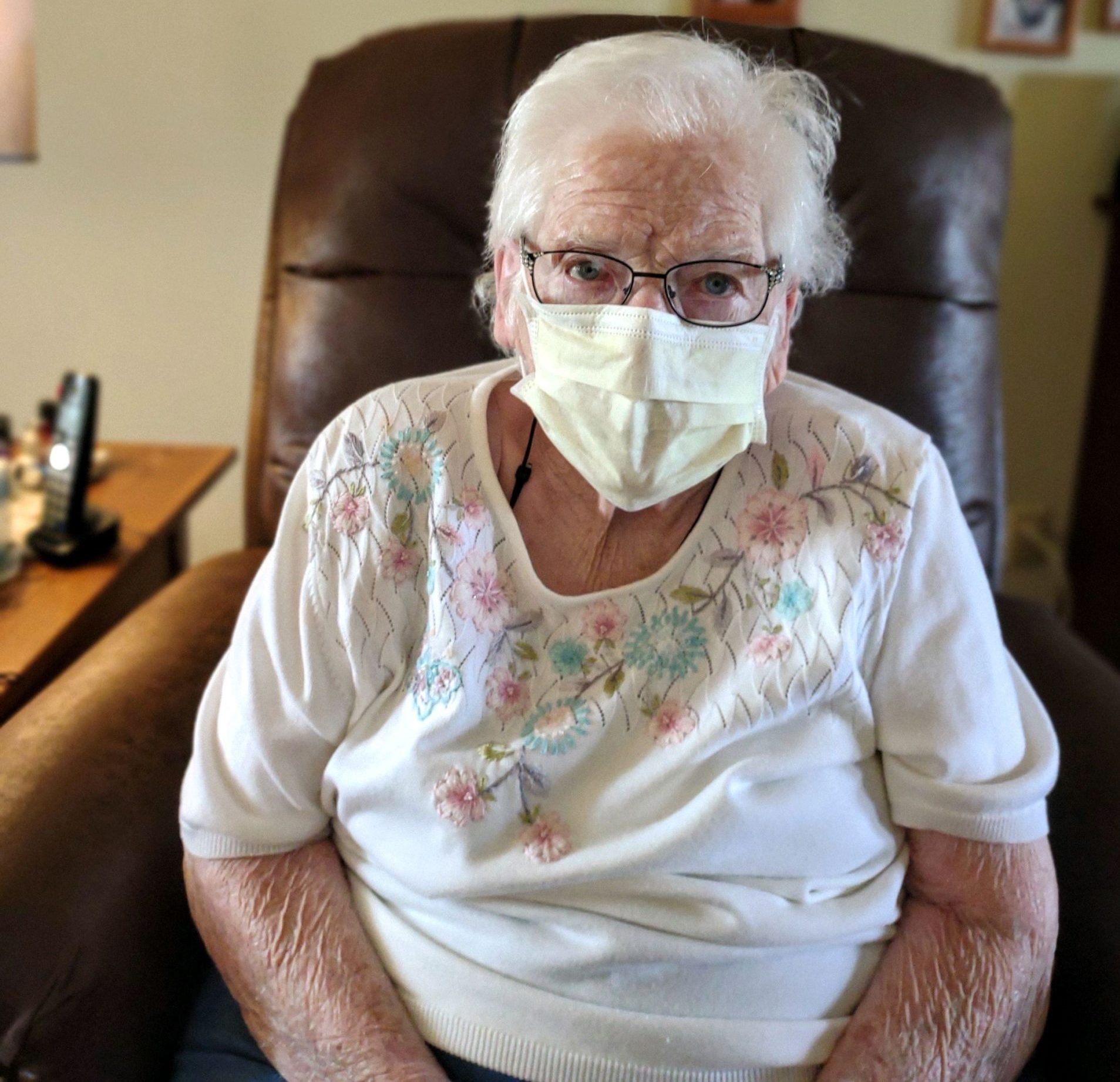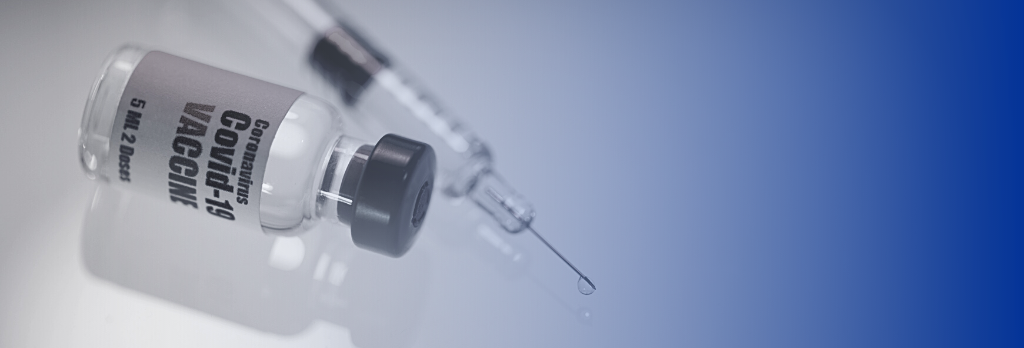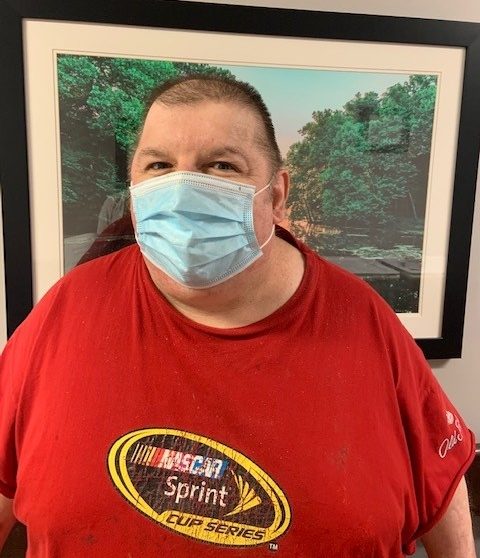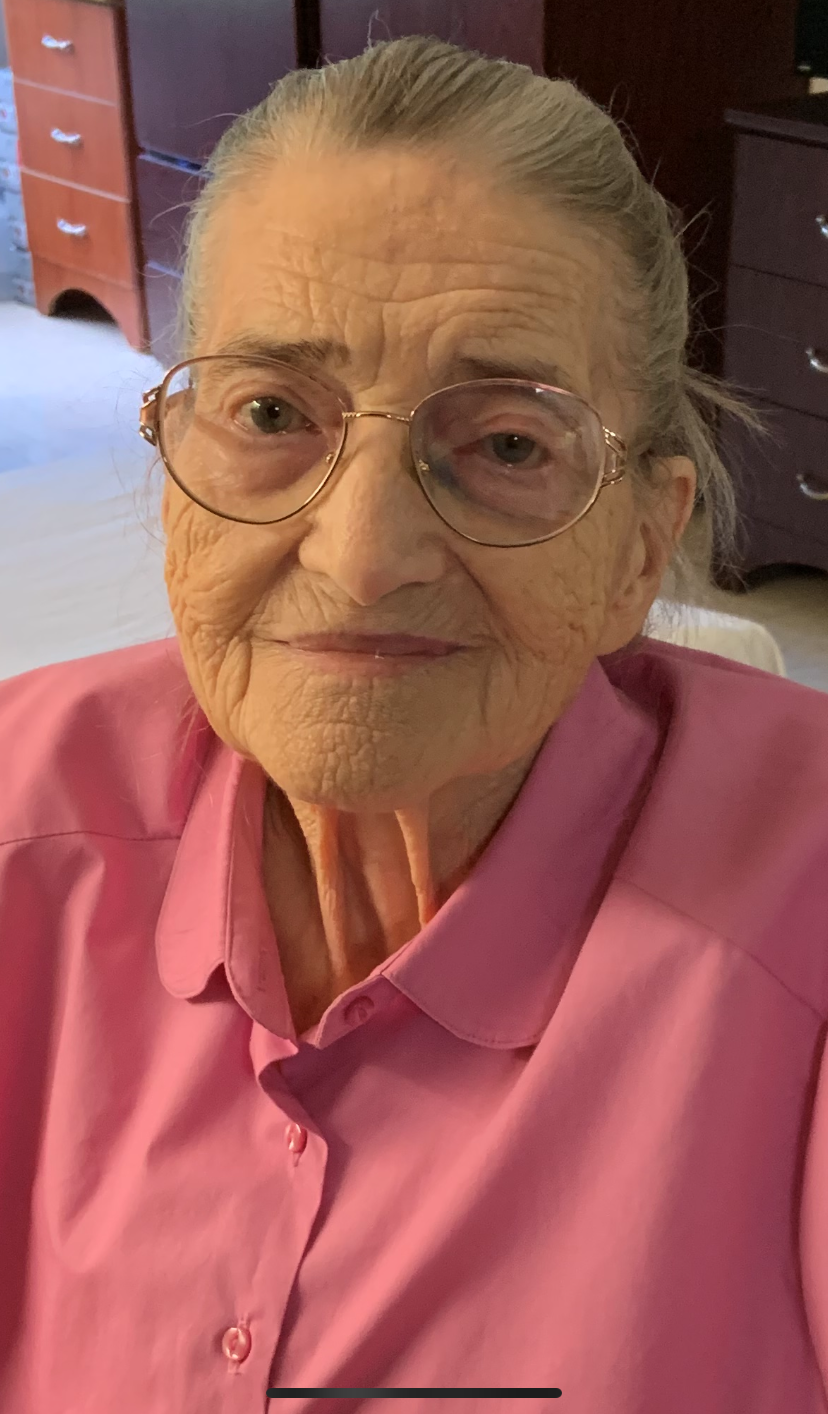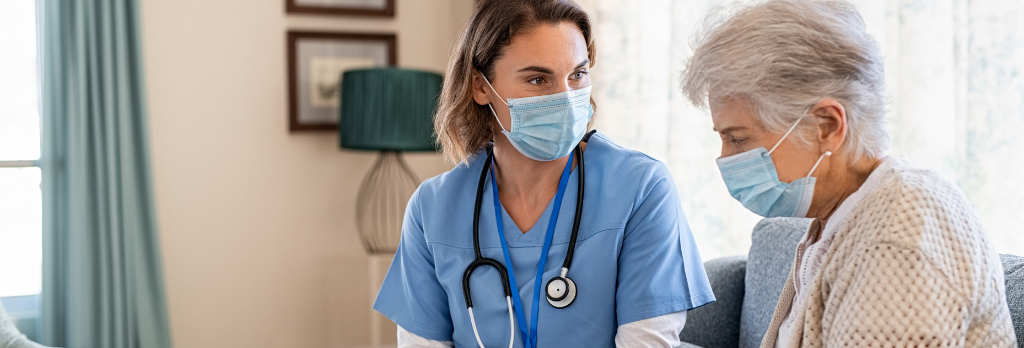COVID-19 County Check Tool: Understanding Community Transmission Levels in Your County
October 4, 2021COVID-19 spreads easily between people. CDC tracks how much COVID-19 is spreading as well as likely people are to be exposed to it with a measurement known as the “level of community transmission”. You can use the COVID-19 County Check Tool for a snapshot of your county’s level of community transmission over the past 7 days. The tool also displays guidance on masking based on how the virus is spreading in your county.
How CDC Measures the County Level of Community Transmission
CDC looks at two numbers – total new cases and percent positivity – to determine the level of community transmission.
- Total New Cases refers to a county’s rate of new COVID-19 infections, reported over the past 7 days, per every 100,000 residents. To calculate this number, CDC divides the total number of new infections by the total population in that county. CDC multiplies this number by 100,000.
- Percent Positivity refers to the percentage of positive COVID-19 tests in a county over the past 7 days. This number is based on reports from states on a specific type of test known as a Nucleic Acid Amplification Test (NAAT). To calculate this number, CDC divides the number of positive tests by the total number of NAATs performed in that county. CDC multiplies this number by 100 to calculate the percentage of all tests that were positive. Learn more at Calculating SARS-CoV-2 Laboratory Test Percent Positivity.
A higher number of total new cases and a higher percent positivity correspond with a higher level of community transmission, as shown below. If the values for each of these two metric differ (for example, if one indicated moderate and the other low), then the higher of the two should be used to make decisions about mask use in a county.
County Level of Community Transmission and Masking
People and local decision-makers should consider the county level of community transmission when making decisions about masking. Although COVID-19 vaccines authorized in the United States are highly effective at limiting the spread of COVID-19 and preventing severe illness, vaccination in some parts of the country remains low. Layered prevention strategies – like masking along with getting vaccinated – can help further reduce the spread of COVID-19. CDC’s updated guidance, issued in July 2021, advises using county community transmission levels over the last 7 days to help determine who should mask and under what circumstances. See below for a quick reference on when to mask:
| County Level of Community Transmission | Guidance |
| High or Substantial Transmission | Everyone should wear a mask in public, indoor settings |
| Moderate or Low Transmission | Unvaccinated people should wear a mask in public, indoor settings |
Mask requirements vary from place to place. Make sure you follow local laws, rules, regulation, or guidance. To learn more, visit https://www.cdc.gov/coronavirus/2019-ncov/more/aboutcovidcountycheck/index.html



